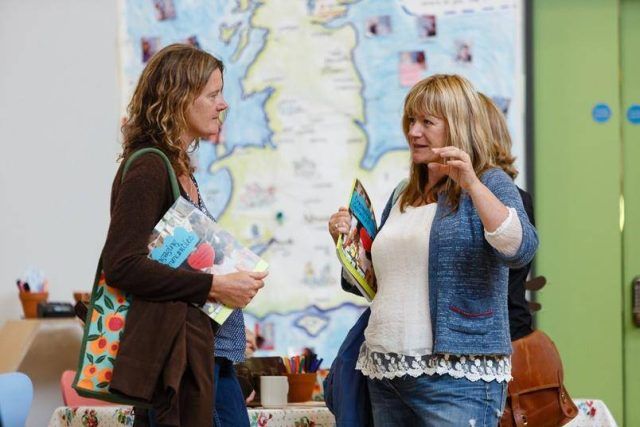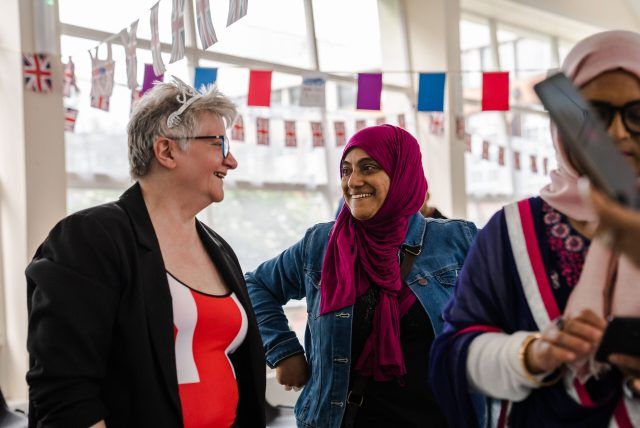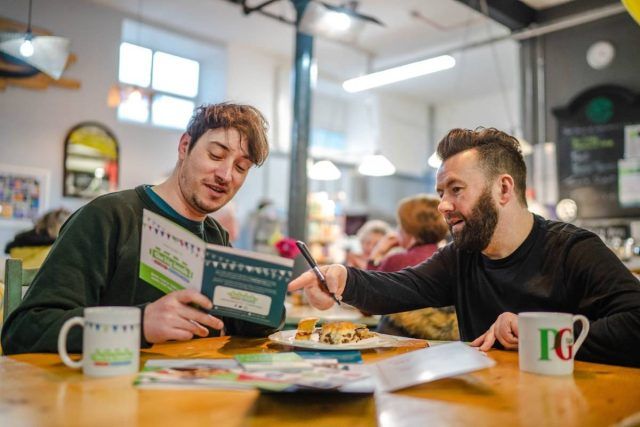Closing the Distance Between Us – report
A new research report has identified a widening gap in the relationship between people and their neighbours that is damaging our mental and physical health and reducing the ability of communities to cope when crisis hits.
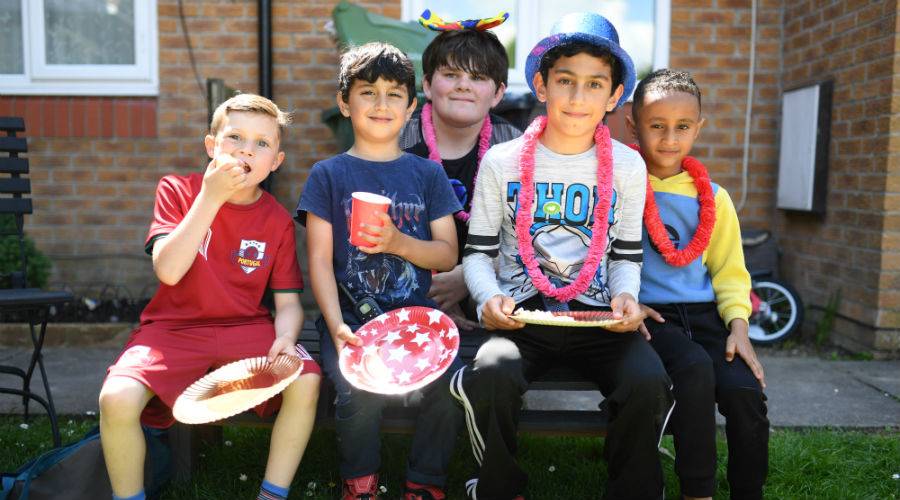
Closing the Distance Between Us was a report commissioned by The Big Lunch and reviewed all the existing evidence and insights on relationships between people in their communities, the trends over the last 60 years and the impact of the changes that have taken place on individual and community health and wellbeing.
The evidence was also supported by a survey in February 2019 of 4,000 adults in the UK on their attitudes towards and relationship with their neighbours.
Key statistics
The report found that:
- More than half of the UK feel distant from their neighbours
- 1 in 5 people in the UK have never spoken to their neighbours
- A fifth have no-one in their neighbourhoods outside their immediate family they could call on if they needed help or support
- 76% believe people were closer to their neighbours 20 years ago than they are today
- Three quarters believe it would be better for our communities if we were closer to our neighbours but the same proportion feel there are barriers to doing so
0 %
of us don’t know our neighbours’ names
0 %
would knock on a new neighbour’s door
0 %
have never spoken to their neighbours at all
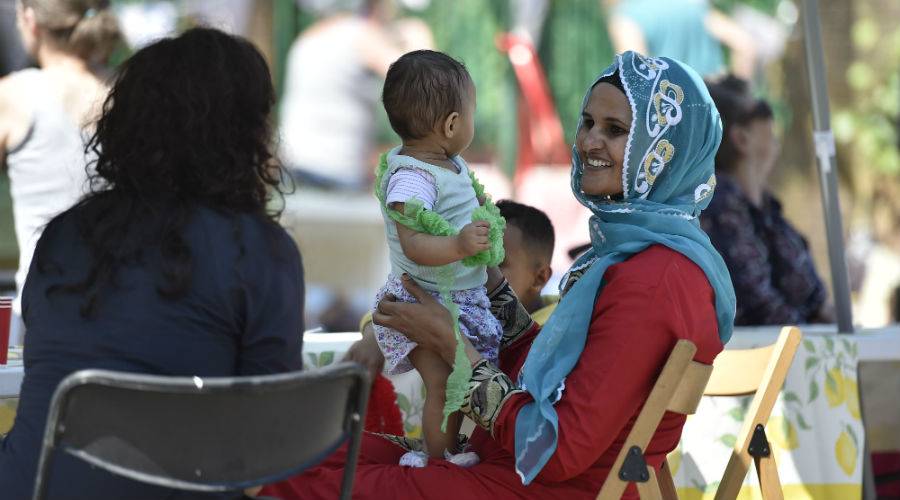
Disconnection is increasing
The report has identified the problem at a time when the public services that underpin communities are under increasing strain because of austerity and the current political and cultural upheaval. At the same time family relationships and friendships have dissipated because of changes in how we work, live and interact.
Disconnection is accelerating at an alarming rate, stunting productivity, shortening lives and costing the UK £32bn a year. As a result, the UK scores worse than any other country in the EU when feelings of social isolation and neighbourhood belonging are combined. You can read more about the cost of disconnected communities.
A desire to change
In the poll, more than three quarters believe it would be better for our communities if we were closer to our neighbours but identified some barriers to doing so:
- Don’t want to be intrusive (36%)
- Don’t have a reason or excuse to talk to their neighbours (28%)
- Believe they have nothing in common with their neighbours (26%)
- Never see their neighbours (32%)
In response to the findings, The Big Lunch is urging all organisations with a stake in our communities – businesses, charities, voluntary groups and public sector bodies – to play their part in closing the distance between people in our communities.
They can do this by:
- Creating opportunities for people to share more, connect with others and have fun
- Building greater empathy between people and communities
- Celebrating the human and the everyday
- Championing inclusivity and celebrate diversity
- Making The Big Lunch a national shared moment that unites us, our neighbourhoods and communities
Comedian Jo Brand, an Ambassador for The Big Lunch, said:
“At a time when the country feels so divided and disconnected, it seems more important than ever to come together and remember the importance of community spirit. It saddens me to think that 1 in 5 of us don’t feel we could call on a neighbour if we needed help. It’s such a shame that so many people don’t even know the people they live closest to. The Big Lunch is the perfect way to address this.“
Closeness in our neighbourhoods has been eroded over time and we cannot afford to let the distance between us open up any further. Now’s the time for a significant step-change, we have the opportunity to change things for the better. Working together we can make The Big Lunch a national shared annual moment that unites us, our neighbourhoods and communities.
Peter Stewart, Eden Project
Hungry for more?
Sign up to our newsletter for a monthly dose of fun ideas, handy information and inspiring good news stories.
